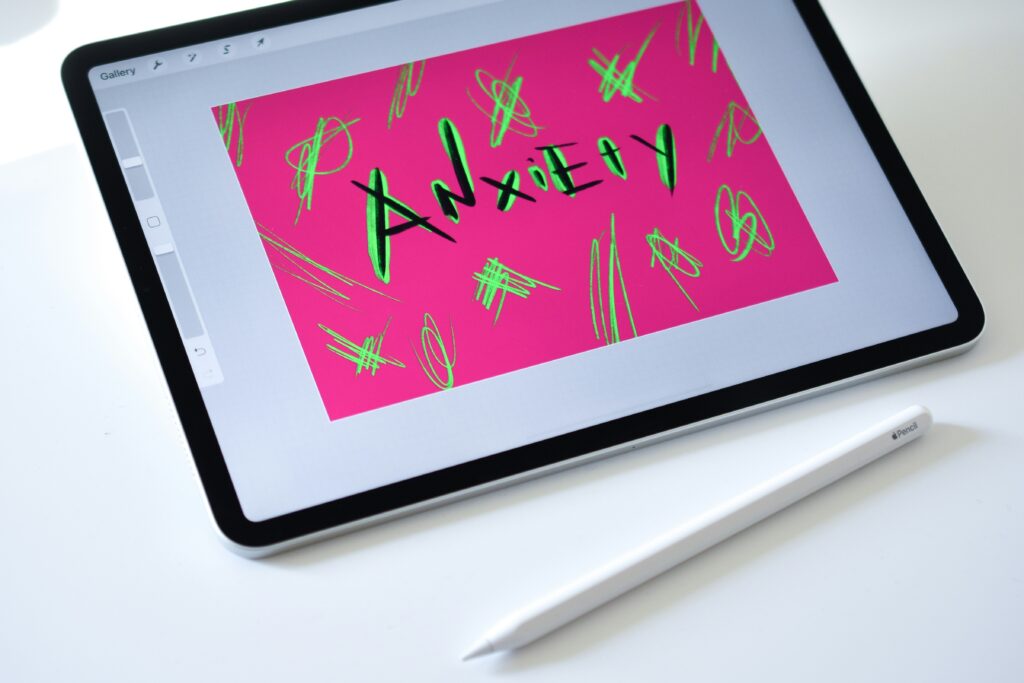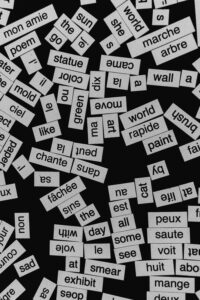Did you know that artificial intelligence is now being used to predict the next big hit in the music industry? That’s right, AI algorithms are being employed by record labels and streaming services to analyze trends and listener preferences in order to forecast which songs have the potential to become chart-toppers.
By examining factors such as tempo, key, and even lyrical content, AI can identify patterns and similarities among successful songs and use this data to predict what will resonate with audiences. This technology has already had a significant impact on the music industry, with many artists and producers using AI-generated insights to guide their creative process and optimize their chances of success.
According to a recent study by the International Federation of the Phonographic Industry, AI-powered music recommendations are now responsible for over 40% of all streams on music platforms. This shift towards data-driven decision-making has revolutionized the way music is discovered, produced, and consumed, creating new opportunities for emerging artists and reshaping the traditional music business model.
As AI continues to transform the music industry, it raises important questions about the future of creativity and human expression. While some argue that AI algorithms are limiting artistic innovation by favoring formulaic hits, others believe that they are democratizing the industry and empowering a diverse range of voices to be heard. Ultimately, the intersection of technology and music reflects broader trends in our society, highlighting the complex relationship between innovation, culture, and commerce.



